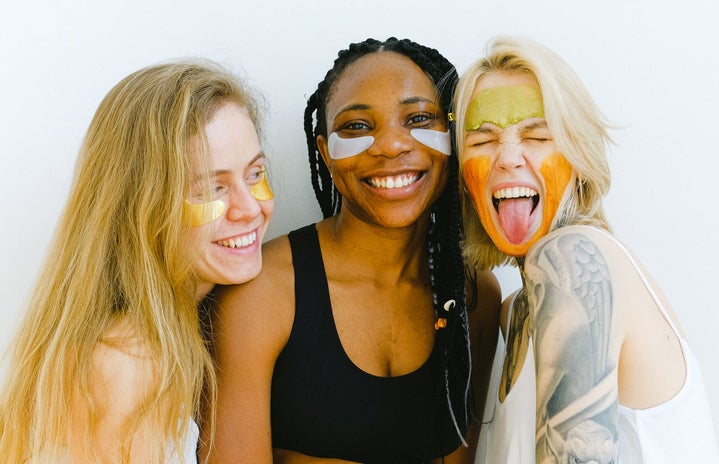Reality TV, usually deemed as the “trashiest” and most arbitrary form of entertainment, is continually written off, as are the people those who watch it. For a while, I would give a disclaimer that watching it was a “guilty pleasure” or would joke about enjoying it. However, I have recently adopted a new perspective on this form of media, one that grants it a lot more respect than it usually receives. Instead of seeing The Real Housewives Franchise, for example, as a stage for vanity, shallowness, and poor behavior, I believe that we should view the franchise as a stage for going against ageist standards that limit women’s capabilities on television, and understand what the popularity of reality shows in today’s society tells us about the ways we live.
In the media, women usually only have 3-4 roles to play. Unless they consistently reinvent themselves, society allows women the role of playing a person with a full range of identity, attractiveness, and sexuality as long as they are under the age of 40. Before The Real Housewives, we were not shown everyday women over the age of 40 that were fun, attractive, and still lively. The franchise has extended the representation of women to late middle age, an age that, for many women, generally feels like an expiration date. I did not realize it until recently but watching the New York City and Potomac franchise, in particular, has made me reconsider how I think about my aging. Instead of seeing my youth as the last time I will ever be able to have fun or the last years that I have to be considered attractive, I turn on my TV and I see living proof that these limitations are nothing more than a creation of misogyny.
Beyond the ways that The Real Housewives can be taken as a testament to the longevity of women in a world that constantly pushes forth a narrative that aging is something that should be feared and reversed, the popularity that reality TV has in our world today tells us more about our society than about the people that happen to be on our screen. What does it mean about our shared psyche that we not only give celebrityhood to anyone that graces our television, but that we also get enjoyment from watching others just live their lives? The rise of reality TV coinciding with the rise of social media is integral in understanding its consumption. The hyper-individuation of society, and the theory that social media has made everyone a micro-influencer is key to not only understanding the popularity behind reality TV, but it is also key to understanding the modern condition.
The phenomenon of reality TV comes with the rise of us all believing that the experience of the individual is important and worthy of an audience. So I propose a challenge to those that do not embrace the genre’s entertainment: instead of dismissing the genre as nonsensical, approach it as a microcosm of our society – the good, the bad, and the ugly. And to those like myself that consume this entertainment: instead of mindlessly watching, embrace the shows as the same microcosm and digest it as such.


